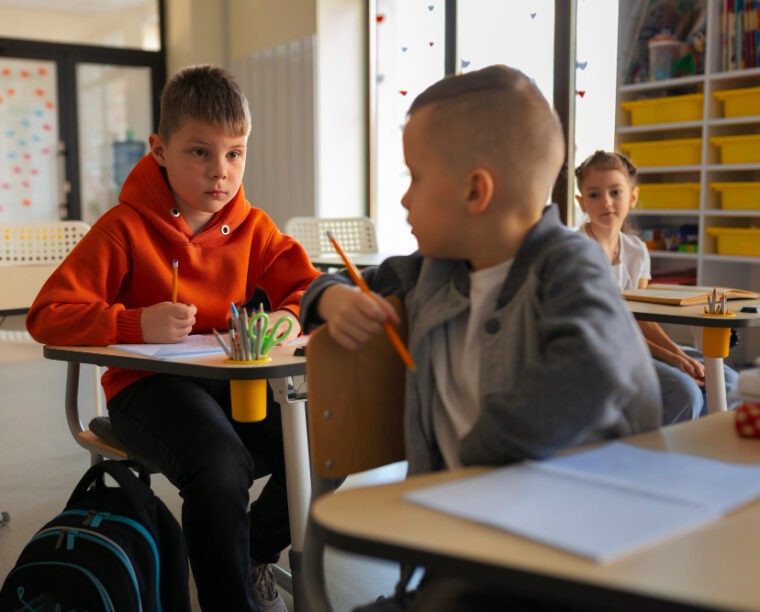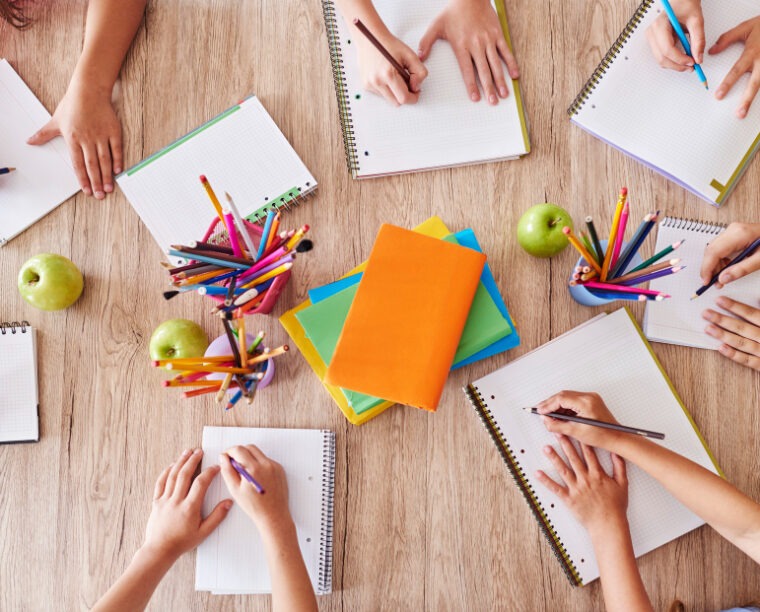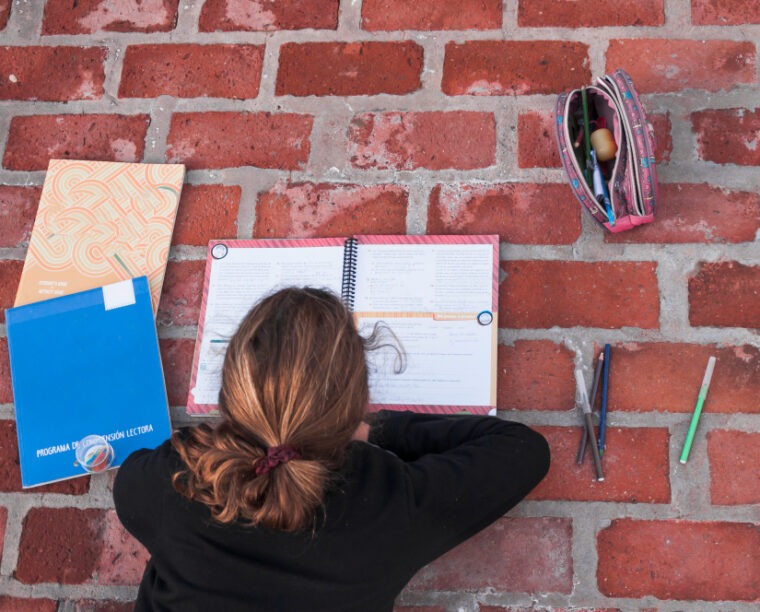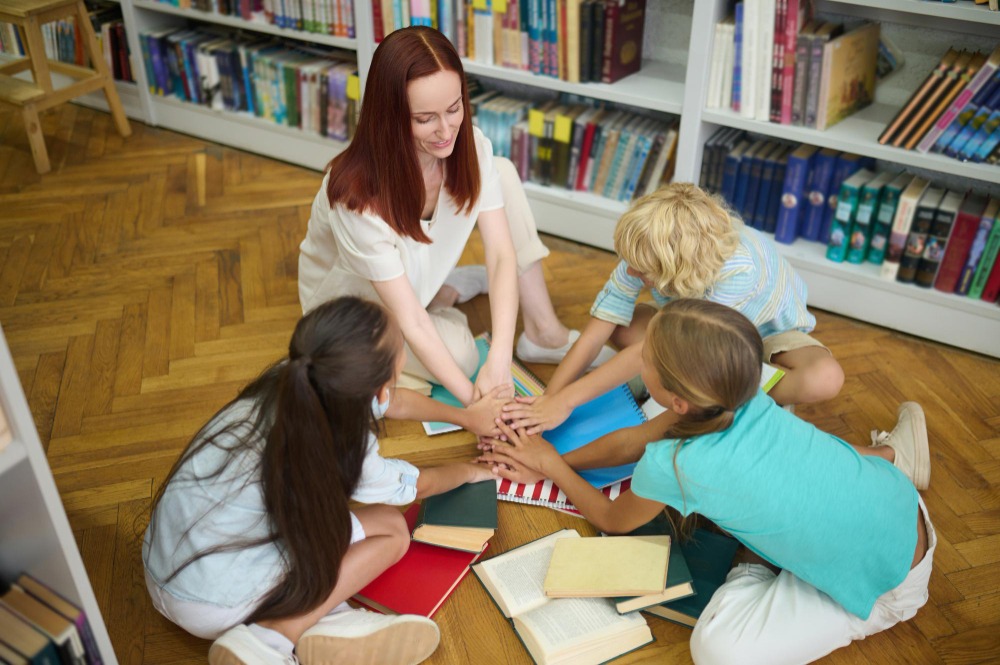
For most of us, school still reminds us of desks, timetables, grades, and textbooks—things linked to knowledge and academic results. Yet today, more and more parents and educators are asking: is developing intellectual ability alone enough for a child to grow up happy, confident, and prepared for life? In search of an answer, increasing attention is being given to holistic education—an approach that views learning as a comprehensive process encompassing not only intellectual, but also emotional, physical, and social development.
So, what exactly is holistic education? In short, it is an approach that strengthens the child academically while also nurturing them as a person, a friend, a creator, and a dreamer. The holistic philosophy of education is founded on the idea that a child is not simply a vessel for knowledge, but a developing individual whose feelings, body, intuition, curiosity, relationships, and dreams all play a vital role.
What does holistic education mean in practice?
Holistic teaching means that a school or kindergarten becomes more than just a place for learning facts—it becomes a safe environment where curiosity and creativity can flourish, and where values are formed. Education here is not something “handed down from above”, with the teacher instructing and the child merely following. On the contrary, the child becomes an active participant in their own learning journey: exploring, asking questions, seeking answers, and often leading their own discoveries.
What matters is not only what the child learns, but how they learn, what emotions accompany the process, and whether they feel seen and heard. This is the essence of holistic education: the child is nurtured as an integrated whole—an individual personality with their own unique traits. And this is not merely a pleasant theory; when a child feels safe, connected to adults and their surroundings, and respected as an individual, their development and growth unfold naturally and harmoniously
What does holistic education bring to a child?
Children come to school driven by curiosity – not because they have to, but because they want to. Their eyes are full of wonder, their questions endless. They may not yet write perfect letters, but they eagerly share their thoughts with others and are unafraid to make mistakes. Holistic education nurtures exactly this spirit – creating an environment where the journey matters just as much as the result.
Here, learning takes place not only through textbooks, but also through life itself – in conversations, games, projects, and everyday experiences. Children learn to express themselves, to understand others, and to manage their emotions. Learning becomes a natural part of daily life rather than a list of tasks to be completed. Over time, this approach strengthens children’s intrinsic motivation, sense of responsibility, independence, and capacity for reflection.
The role of parents in holistic education
It might seem that all responsibility for such education rests with the school, yet parents play an equally vital role. A child’s learning does not end when they leave the classroom – it continues at home: around the dinner table, during play, on walks, and in moments of shared conversation and presence with family members.
The holistic approach invites parents to take an active part in their child’s growth – to show interest in how they are doing, how they feel, and what their class or group environment is like. It also encourages them to nurture the same values that guide the educational setting: respect, safety, order, and curiosity for knowledge.
Perfection is not required. What matters most is that, both at home and at school, the child feels accepted and valued for who they are.
Holistic education at Saulės Gojus
It all sounds inspiring – but does this kind of education really work? A good example is Saulės Gojus, where the holistic approach is not just an ideal, but a lived reality: energetic, creative, and full of meaning.
At our school, children don’t just learn languages, history, and mathematics – they also develop self-awareness, creativity, emotional expression, and teamwork skills. Bilingual education, Howard Gardner’s theory of multiple intelligences, and a rich, stimulating learning environment all help each child discover their own unique path.
Our teachers are not only educators, but also guides and inspirers who accept every child as they are. And parents are not mere observers – they are active members of our community.
Every day, we strive to create an environment where Saulės Gojus is not just a school, but a place where it is comfortable to grow because you can be who you are.
 School Saulės Gojus
School Saulės Gojus 